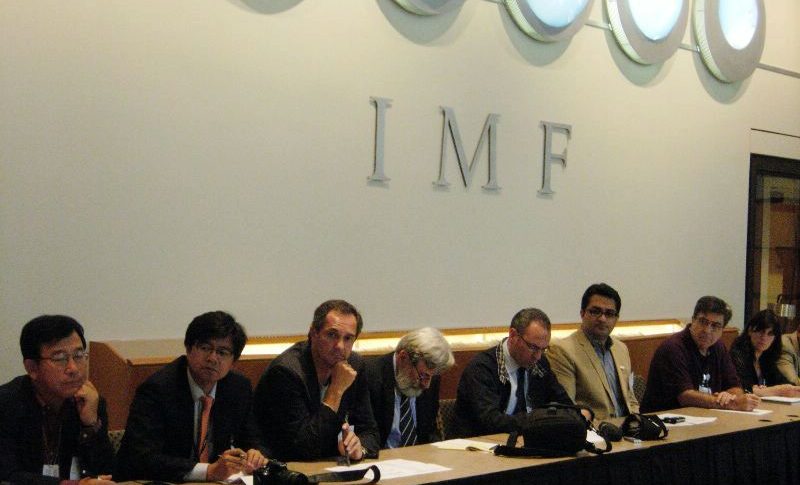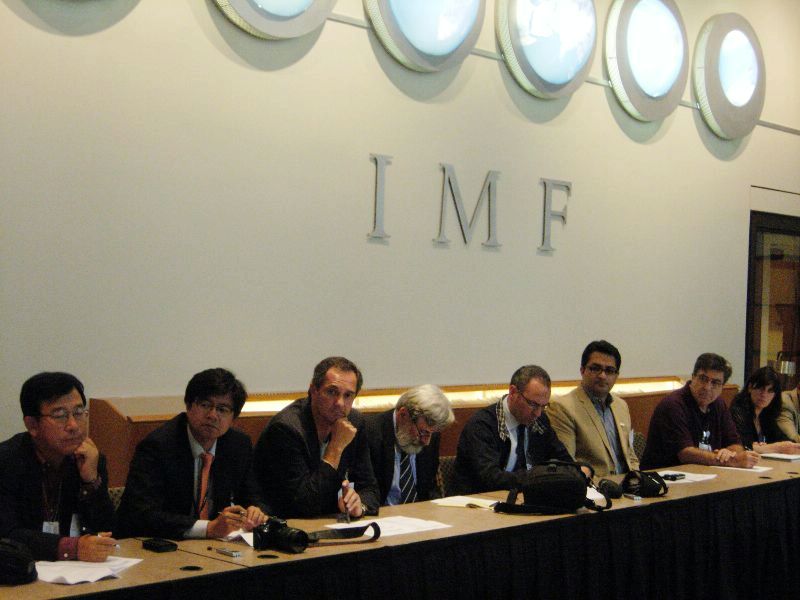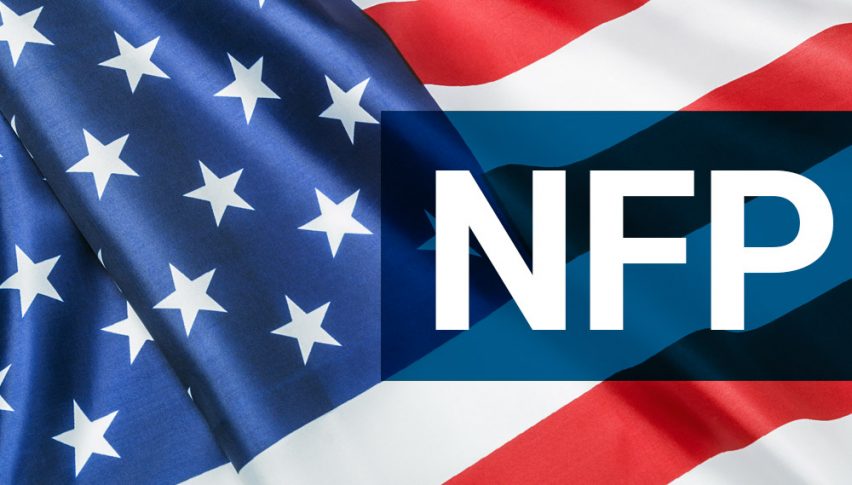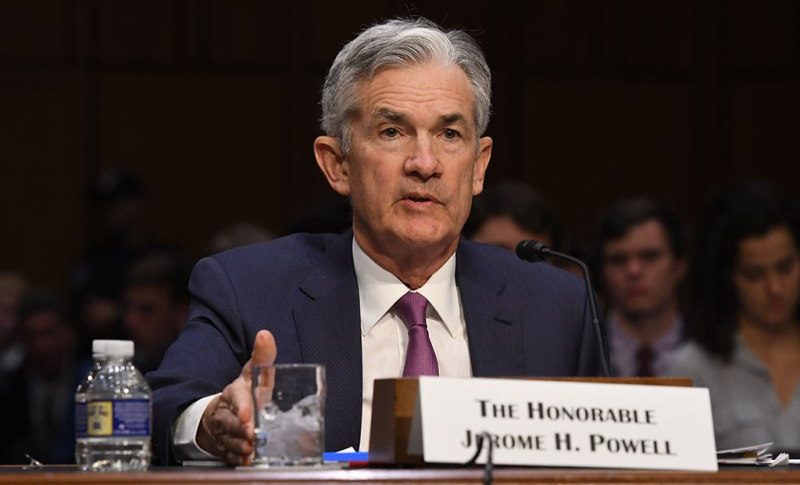IMF Calling on Central Banks (FED, ECB, BOE) to Cut Interest rates
Central banks went on a rate hike trip in the last two year, but now everyone is calling for rate cuts, even the International Monetary Fund


Central banks went on a rate hike trip in the last two years, raising them by the fastest pace ever, even though most of the inflation was not domestic, but coming from global price hikes. Now, the 2-year monetary tightening period has come to an end and everyone is calling for rate cuts, even the IMF.
The FED raised the fund rate to 5.50% by summer 2023 which is the highest level since 2001, when rates soared to 6.00% following the dot-com crash. This has led to higher costs for borrowers and during the last 2 years of the policy tightening by the FED, the average credit card interest rate has risen to over 21% from 16.34% two years ago.
This increases the burden on household finances, with auto loans resulting in monthly payments of more than $1,000 in many cases. More consumers are falling behind on credit card and auto loan payments, with interest rates for credit cards reaching a record high of more than 21%. High mortgage rates have left the property market at a standstill, with first-time buyers unable to afford payments.
Now all institutions are calling for central banks to start easing the monetary policy, ecen the IMF (International Monetary Fund) which was very agressive in its rhetoric toward central banks in the past two years, pressuring them to raise rates. Georgieva was speaking earlier, with a totally different rhetoric. However, the difference in currencies is made by who starts to lower rates first, and then by the pace of the monetary easing.
Remarks by IMF Managing Director, Kristalina Georgieva
- Expects interest rates to start coming down from the middle of the year
- Expects soft landing for the world economy
- Economies outside of the Middle East are avoiding spillovers from the conflict
- But the longer the war goes on, the bigger the risk of spillovers
GBP/USD Live Chart
- Check out our free forex signals
- Follow the top economic events on FX Leaders economic calendar
- Trade better, discover more Forex Trading Strategies
- Open a FREE Trading Account


